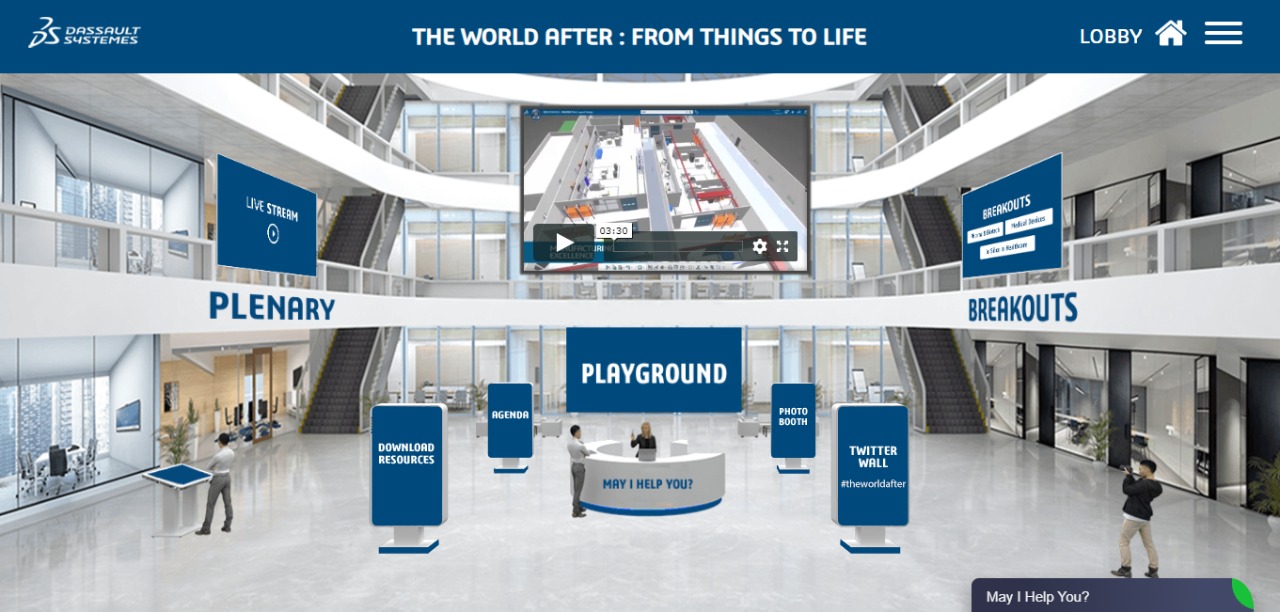Reduced energy costs, long-term service for customers has made us remain competitive in India

Conrad Latham, General Manager, Compressor Technique,
Atlas Copco (India) Ltd, who brings over a decade of rich experience in the compressor and automotive industries, provides insight on the company’s
strategies that have helped in charting new growth trajectory.
How has Atlas Copco’s Compressor Technique business performed in India in the recent few years? What are the industries/sectors where the compressor business has seen greater success and why?
Atlas Copco CT India has performed strongly in the last few years growing more than double digit in terms of compound annual growth rate (CAGR). The main industries that have recently shown strong growth for Atlas Copco CT India are automotive, chemicals textiles and more recently steel.
India is a highly price-sensitive market where you face the fiercest competition from companies that offer low-price but low-value products. What is your strategy to counter such competition and convince your customers to opt for high-value products even if the price is higher than average? What are the differentiating aspects of your product and value adds that you cite to convince the consumer?
We have the privilege to have been manufacturing in India for the last nearly 60 years, we started in 1960.
This has given us a significant insight into how remain market competitive and at the same time provide an excellent product selection and service structure for our customers.
Our main focus is our customers and every day we work closely with them to provide compressed air solutions and services that keep them competitive in their respective markets.
We do this by focusing on reducing the highest costs associated to compressed air which is energy.
It is well-documented that energy is the largest cost for customers running compressed air systems and our constant drive for innovation pushes the technological barriers to find more and more energy efficient products and services.
This ability to consistently reduce their energy costs and provide them with long-term service has meant we have managed to remain competitive in India.
Atlas Copco has invested and expanded capacity of its Bengaluru R&D which supports the global engineering team for mining and construction. Do you plan any such R&D centre or activity for design and testing of your compressor business?
Our Global Engineering and Competence Center (GECIA) based in Pune has more than 500 people providing engineering, design and support for our various engineering centres across Compressor Technique. It was started in 2001 and has grown to be a global world class competence center for the manufacturing and customer centers in Compressor Technique.
How would you compare India’s air compressor market to China’s air compressor market and that of other major markets in terms of pricing and customer expectations?
India’s air compressor market is presently a lot smaller than China’s. This is mainly due to the amount of manufacturing in India compared to China.
India is a growing market for manufacturing and, therefore, the compressed air market is also growing.
This makes it very attractive for the various established players as well as the new compressor manufacturers.
The biggest change that has become more prominent over the last few years in India is the drive for energy efficiency.
China and other markets have been on a drive for energy reduction for many years now and like USA and Europe it has developed an Energy Regulation for compressed air.
This is yet to take place in India but customers are demanding more efficient compressors and compressed air dryers, as well as services that constantly monitor their compressed air systems for efficiency improvements.
More and more customers are aware that the main cost of running compressed air systems are the energy costs.
Could you share with us the different product variants and technological offerings that you have for Indian customers?
We are extremely diverse in the product solutions we offer to our customers. We believe that we are the only compressed air solutions provider that can provide every single compressor, blower, vacuum and dryer technology available in the market.
For compressors the available technologies are oil-free screw, oil-lubricated screw, centrifugal, piston, scroll, water-injected screw and tooth. For blowers, it is screw, lobe and centrifugal. For dryers it is twin tower desiccant, rotary drum, refrigeration and Heat of Compression. Atlas Copco is the only company in the world that can provide every single one of these technologies as well as the competence and capability to match the right technology to the customers demand.
Can you give us a snapshot of the evolution and latest technological advancements in the air compressor industry and how could that be useful for specific Indian industries?
The biggest change over the years has been the move from piston to screw technology and then further to Variable Speed Drive (VSD) screw technologies. Both of these developments have occurred due to the market demand for more efficiency. The latest VSD compressors that we make are capable of saving 50% of the customer compressed air energy bill.
The latest developments for customers that have a larger air demand is the combination of technologies. Here we see more and more customers chose our hybrid solution of base loading with a centrifugal compressor and using a variable speed oil-free screw compressor to match the air demands. Such systems can bring huge energy cost reduction to our customers. And of course the changing drive for digitalization means that customers want to run these systems at their optimum design points. To support this need we have very recently launched our latest central controller called Optimizer 4.0 which provides connectivity for Industry 4.0.
There have been some recent developments that indicate the rise of protectionism around the world. Is it impacting or likely to impact your business in any way? If yes, how are your bracing for it?
So far, we are yet to be affected with this and we actually believe that with the recent GST implementation the Indian market becomes more accessible for foreign companies to enter.




